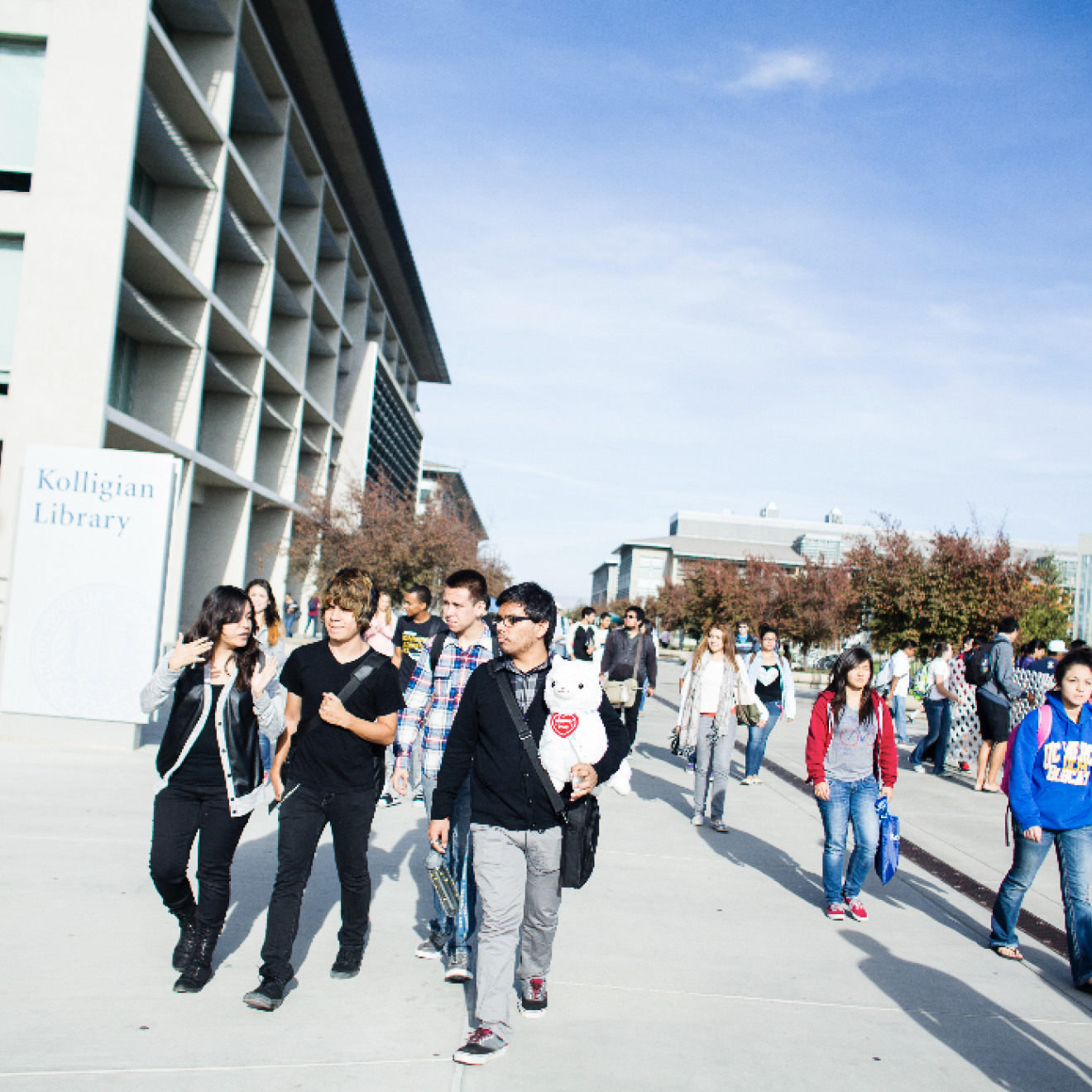Alec Rosenberg, UC Newsroom
BERKELEY — Public research universities are uniquely positioned to tackle audacious global challenges, University of California President Janet Napolitano said in a keynote speech today (July 14) to higher education leaders.
From cookstoves for displaced Africans to flood-resistant rice for South Asian farmers, UC is harnessing its research to address food security and other worldwide issues, she said at the summer meeting of the Association of Public and Land-grant Universities (APLU).

Such examples inspired Napolitano as she worked with UC chancellors and others to create UC’s Global Food Initiative, which launched July 1. The initiative — involving all 10 UC campuses, UC’s Division of Agriculture and Natural Resources, and Lawrence Berkeley National Laboratory — seeks to leverage the collective power of UC to help put the world on a path to sustainably and nutritiously feed itself.
“In the context of public research universities like UC, audacious goals are appropriate — if not us, who is going to do it?” Napolitano said. “With our faculty, staff, students, laboratories, clinics, and our collective expertise and knowledge, public research universities are better positioned than any other type of institution to tackle those problems.”
‘Forceful message’
Napolitano’s message was welcomed by APLU meeting attendees. APLU is a research, policy and advocacy organization representing 234 public research universities, land-grant institutions, state university systems and affiliated organizations in North America.
“She had a very forceful message that resonated with the group,” APLU President M. Peter McPherson said. “I think her visibility and leadership on (international research) will be very helpful.”
APLU’s summer meeting, which runs through Wednesday, is exploring different aspects of international research such as ways to increase collaborations and partnerships. Speakers include UC Berkeley Chancellor Nicholas Dirks and UC Davis Chancellor Linda Katehi.
“A lot of the challenges we face are global, whether it’s water, whether it’s food, whether it’s climate change and natural disasters,” said Kelvin Droegemeier, University of Oklahoma vice president for research. “We have to think globally.”
‘A moral imperative’
Napolitano agreed.
“Our research can and does reach far beyond our home states, and it is utterly appropriate that it does so,” Napolitano said. “The export of knowledge is not only our stock and trade, it is a moral imperative. That’s why I’ve adopted the motto that UC teaches for California and researches for the world.”
Napolitano said her role is “convener-in-chief,” bringing different stakeholders together to advance evidence-based solutions. She cited three examples of UC’s research that illustrate the university’s involvement in tackling the global food challenge: Berkeley Lab’s Darfur stove, UC Davis-developed flood-tolerant rice, and UC Santa Cruz’s farm and garden.
The conflict in Darfur, a region of Sudan, has killed hundreds of thousands of people and forced more than 2 million people from their homes. To cook food for their families, Darfuri women had to walk hours to gather firewood to fuel their stoves. Berkeley Lab researchers, led by Ashok Gadgil, developed a highly efficient cookstove to address food security issues posed by displaced persons in Darfur and decrease women’s exposure to violence while collecting firewood.
Rice is a staple food for billions of people. But a considerable amount of the global rice crop is grown in regions where seasonal flooding is extreme and unpredictable, and can cause major crop losses. UC Davis plant pathology professor Pamela Ronald — working with colleagues from UC Riverside — developed flood-tolerant rice. Millions of subsistence farmers in South Asia have now grown Sub1A or “scuba rice.”
Almost 50 years ago, UC Santa Cruz hired a gardener from England to start a garden for students. Under the leadership of Alan Chadwick, UC Santa Cruz built the first organic and biointensive garden at any university in the United States. The garden inspired the creation of the 30-acre UC Santa Cruz Farm and blossoming of an apprenticeship in ecological horticulture, part of the campus’s internationally renowned Center for Agroecology and Sustainable Food Systems.
“It is this sort of center — found throughout our 10 campuses and three national labs — that allows us with confidence to take on global challenges such as those inherent to the UC Global Food Initiative,” Napolitano said.
Land-grant evolution
She noted that public land-grant universities have their roots in the Morrill Act of 1862, signed by President Abraham Lincoln.
“He was looking to the future even as the nation was being torn apart by the Civil War,” Napolitano said. “The grants of 30,000 acres of land for each senator or congresswoman to their respective states were transactions that seeded the transformation of an expanding nation.
“Today, the member institutions of the APLU are preparing the world for its next era. The missions of our universities have not changed. They have multiplied. Though our horizon is now global, not national, our universities still possess the pioneering spirit. It is one that infuses all the efforts we undertake – from research to public service, and everything in between.”

